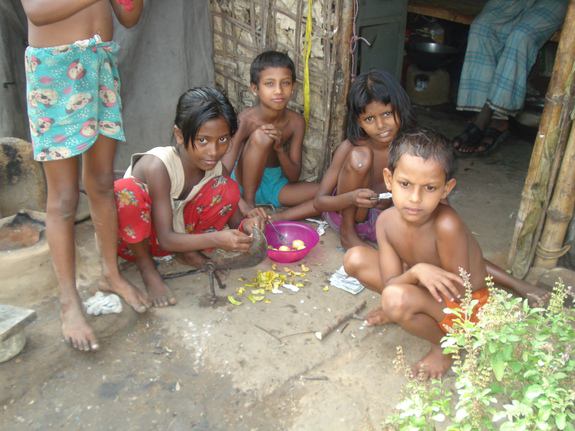


Forced displacement of innocent civilians, a devastating humanitarian crisis, and a violation of human rights has affected more than 12 million refugees from Chad, Nigeria, Cameroon and Niger. To better understand the reasons behind the refugee crisis we must look beyond Boko Haram. Although Boko Haram and its Islamist militancy fits the bill of the Western and increasingly Global narrative of securitisation, the West Africa refugee crisis is directly resultant of Neo-Liberal US Oil policy, Climate Change and Corruption.
More than 37,500 people have been killed in Boko Haram attacks. There have been in excess of 4,000 incidents of violence by Boko Haram since 2009 – that’s almost one violent attack per day on civilians across West Africa. Since 2011, Boko Haram—one of the largest militant groups in Africa—has conducted attacks on religious and political groups, local police, and the military, as well as indiscriminately attacking civilians.
Founded in 2002, the group’s initial aim was to oppose Western education and any practises or beliefs they believed had Western ties. Slowly this extended to attempts of over-throwing government, with a clear end-goal of creating an “Islamic state”. Boko Haram regularly attacks mosques and churches.
However, this crisis is just as much about unprotected farmlands, exploitative politicians & uncontrolled poverty as it is about Boko Haram.
Political Exploitation & Oil
Nigeria and it’s surrounding areas has had severe political and economic challenges. Although the impact of Boko Haram has rightfully grabbed the attention of headlines, the framing of Boko Haram as the only problem that has led to this refugee crisis is factually incorrect. The insurgency group acts as a very good mask to excuse the continued and now exacerbated uneven distribution of oil revenue, high levels of corruption, as well as violence.
As Africa’s largest oil producer, Nigeria’s security is of high interest to the United States. In 2015, the US boosted its military assistance, deploying three hundred troops to Nigeria to help in the “fight against Boko Haram”. It must be stressed that this was in no way a humanitarian response- but rather a well thought-out trade and economic decision. Texaco, Mobil, Chevron and Ashland, four American oil companies are currently drilling in Nigeria. Aside from this, the US buys approximately 44% of Nigeria’s oil and therefore essentially holds monopoly power of oil in Nigeria.
Environmental Damage & Climate Change
Another major thing to consider is the environmental effect this excessive American oil drilling has on Niger Delta. Now officially the world’s most polluted region, it was also where hundreds of thousands of West Africans made their living via farming and fishing. The poisoned water from oil spills and destroyed farm lands due to gas fires has now made this impossible.
Generations of farmers unable to produce or farm for themselves have found themselves at the mercy of climate change. The switch from farming to any industry is often too much of an ask. As the economy dries up in the region, the rise of corruption and therefore the commodification of communities rises unparalleled. This is exactly the reason why the political situation in the region around lake Chad has allowed for the likes of Boko Haram and insurgency groups to take power and control by force. In retaliation, we have seen armed responses by Nigeria, Cameroon, Niger and Chad and invariably the price of lives and destruction falls on the civilian population. Consequently many millions have been driven from their homes as a result of failed economic policy to protect the Niger Delta region from neo-liberal US oil policy in Africa.
The Lake Chad Crisis
The Lake Chad basin covers a huge area, constituting more than 8% of the African continent. Lake Chad is located at the southernmost edge of the Sahara, bordering four countries – Chad, Nigeria, Niger and Cameroon. The precipitation that feeds the lake is unique, it makes for an absolute oasis in an intensely dry region.
This region has seen significant climate change, resulting in food insecurity, increased poverty and poor governance by respective nations. Many people in the region have lost their livelihoods due to the now prevalent aridness in land caused by climate change. As a domino effect, the same people then become vulnerable to being recruited by Boko Haram. The lake has diminished by 90% since the 60’s, and as it continues to diminish families find themselves internally displaced, leaving the area in search of water.